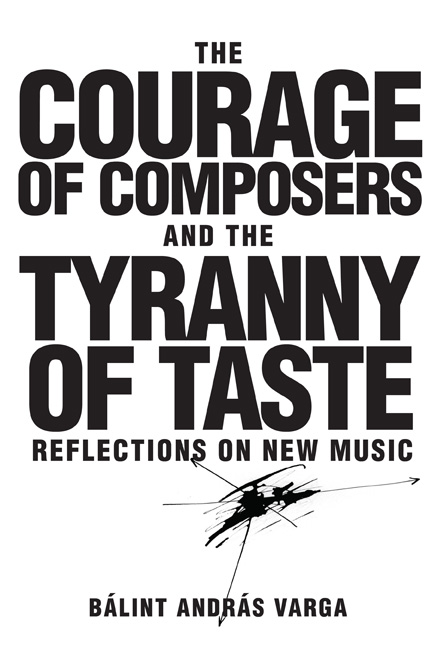30 - Johannes Maria Staud (b. 1974)
Published online by Cambridge University Press: 22 May 2021
Summary
The closer you grow to someone, the harder it is to portray them. It takes a conscious effort for me to try to write this introduction to my conversation with Johannes Maria Staud because I am clearly biased in his favor: since my retirement from Universal Edition (UE), our relationship has become a friendship.
I met Johannes when he was twenty-five. I (together with Otto Tomek) was instrumental in his being invited to join UE's roster of composers and did my very best to launch his career. He is now forty-two, has achieved international recognition, and I am watching his progress from the sidelines, so to speak.
In addition to his music, I have admired Johannes's wide range of interests, which have fed his creative thinking. He is passionate about the arts from Leonardo da Vinci to Bruce Nauman, about literature from Dante to Bruno Schulz, and about political issues. His orchestral work … gleichsam als ob … was actually written as a protest against the participation of the extreme right-wing populist Freedom Party of Austria (FPÖ) in the Austrian federal government in 2000.
Johannes is passionate about many other aspects of life as well, including natural beauty, whether of the Austrian Alps or the Sea of Sardinia, and, indeed, about music. I have never known him when he was not engrossed in the intricacies of a particular compositional problem. He is not only passionate—he can be choleric (a word of his choice), and a simple conversation can morph into a heated debate in uncompromising defense of his convictions.
I am not really a suitable partner for such discussions—in private life, and not just as an interviewer, I am a good listener rather than a talker—but Johannes can get carried away under the influence of his own arguments, and my presence is more or less reduced to a hand holding a microphone.
Vienna, April 19, 2016
Revised May 6, 2016
Is courage of any relevance for your work as a composer?
I do have reservations about it in this context—I find it too grand, somehow. As I see it, courage applies to people who stand by their ideals under the most adverse political and social circumstances, those who resist, who rebel, and are incorruptible in their dedication to humanity, to helping the needy.
- Type
- Chapter
- Information
- The Courage of Composers and the Tyranny of TasteReflections on New Music, pp. 189 - 197Publisher: Boydell & BrewerPrint publication year: 2017



